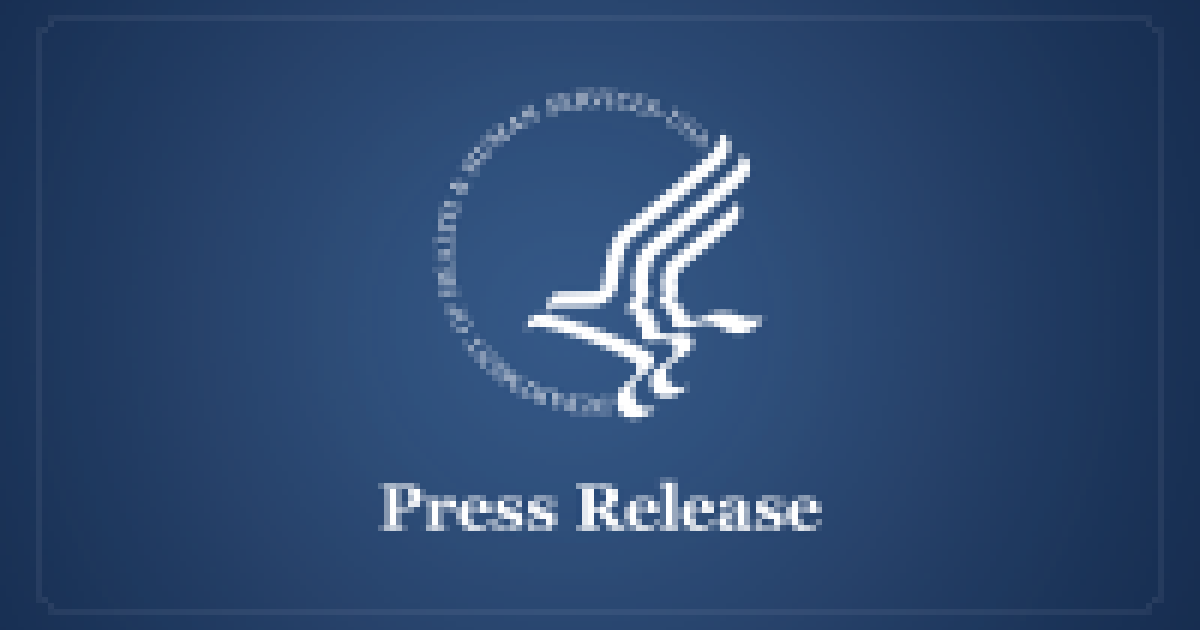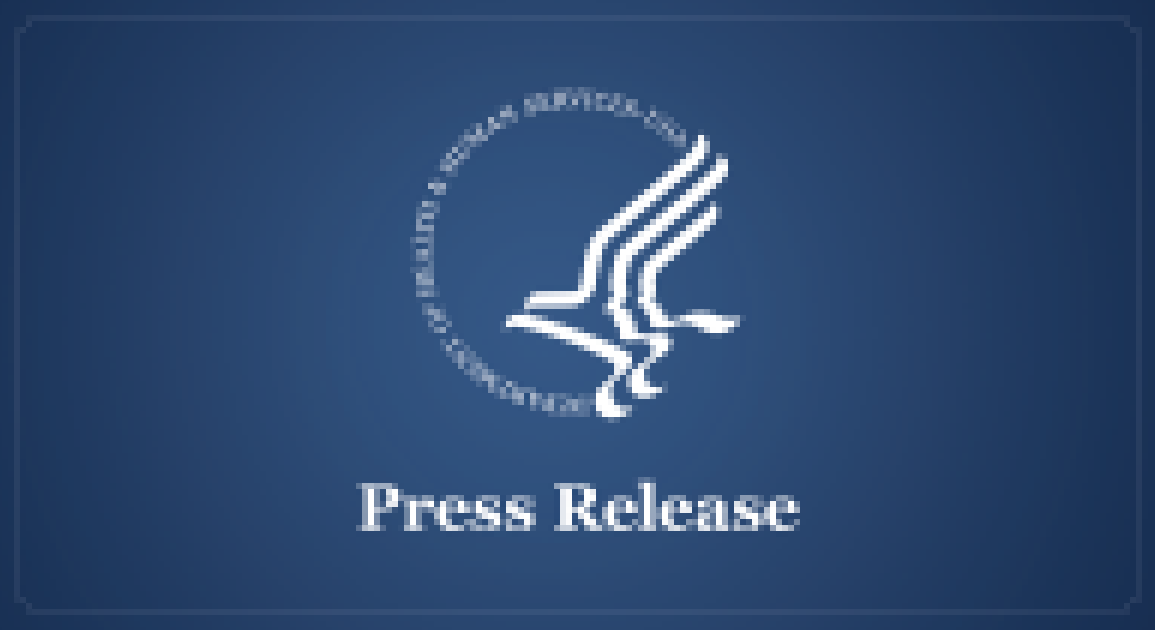
The U.S. Department of Health and Human Services (HHS), through the Substance Abuse and Mental Health Services Administration (SAMHSA), has recently awarded more than $88 million in its continuing effort to safeguard the nation’s behavioral health. The grant programs serve a wide array of needs – ranging from efforts to develop and support school-based mental health programs and services, to multiple grant programs that expand access to substance use disorder (SUD) treatments.
Addressing the nation’s ongoing mental health crisis and overdose epidemic – which includes youth mental health challenges – is a top priority of the Biden-Harris Administration as stated in President Biden’s Unity Agenda for the nation. The awards include $42.2 million for Project Advancing Wellness and Resiliency in Education, known as Project AWARE, to help develop and support school-based mental health programs and services. Additional grant awards fund efforts throughout the nation to provide people with evidence-based SUD treatment – one of the pillars of the HHS Overdose Prevention Strategy. The Overdose Prevention Strategy helps advance the Biden-Harris Administration’s National Drug Control Strategy, as well.
“The United States is currently facing an unprecedented mental health crisis, with young people being especially impacted. These grant programs will help all Americans get the support and care they need, ” said HHS Secretary Xavier Becerra. “Making behavioral health services and resources available to all who need them is an important part of President Biden’s Unity Agenda. The Biden-Harris Administration and HHS will continue to do everything in our power to tackle the nation’s mental health crisis.”
“SAMHSA is committed to using its resources to help individuals with mental health and substance use conditions to improve well-being and thrive,” said Miriam E. Delphin-Rittmon, Ph.D., HHS Assistant Secretary for Mental Health and Substance Use, and the leader of SAMHSA. “We know that people in this country are struggling with these conditions more than ever before, and we will continue working hard to reduce these challenges.”
Of the total $88.7 million, HHS recently has awarded:
- $42.2 million for Project Advancing Wellness and Resiliency in Education (known as Project AWARE) grants to help states, territories and tribes develop and support school-based mental health programs and services that promote healthy social and emotional development of school-aged youth. Project AWARE also provides training for school personnel and other adults who interact with school-aged youth, to detect and respond to mental health challenges, and help connect them and their families to needed services.
- $17.5 million for the National Child Traumatic Stress Initiative, a program that improves treatment and services for children, adolescents and families who have experienced traumatic events.
- $4.6 million for Transforming Lives Through Supported Employment, a program that seeks to increase employment for individuals with co-occurring mental and SUDs.
- $4.7 million for Assertive Community Treatment programs that support transition-aged youth and adults with a serious mental illness or serious emotional disturbance, and help reduce rates of hospitalization, mortality, substance use, homelessness and involvement with the criminal justice system.
- $15.3 million for Grants for the Benefit of Homeless Individuals, a program that provides comprehensive, coordinated, and evidence-based treatment and services for individuals, including youth, and families with SUDs or co-occurring mental and SUDs who are experiencing homelessness.
- $3 million for Provider’s Clinical Support System grants that provide training, guidance, and mentoring on the use of medications for both opioid use disorders and alcohol use disorders. The grants are intended to enhance the capacity of health care professionals to identify and treat both disorders.
- $1.4 million for the Improving Access to Overdose Treatment program, which expands access to overdose reversal medications approved by the Food and Drug Administration (FDA) for emergency treatment of known or suspected opioid overdoses. The recipients will collaborate with other prescribers at the community level to implement trainings on policies, procedures, and models of care for prescribing, co-prescribing, and expanding access to naloxone and other FDA-approved overdose reversal medications.
If you or someone you know is struggling or in crisis, help is available. Call or text 988 or chat at 988lifeline.org. To learn how to get support for mental health, drug or alcohol issues, visit FindSupport.gov. If you are ready to locate a treatment facility or provider, you can go directly to FindTreatment.gov or call 1-800-662-HELP (4357).
Reporters with questions should send inquiries to media@samhsa.hhs.gov.
This post was originally published on this site be sure to check out more of their content.







